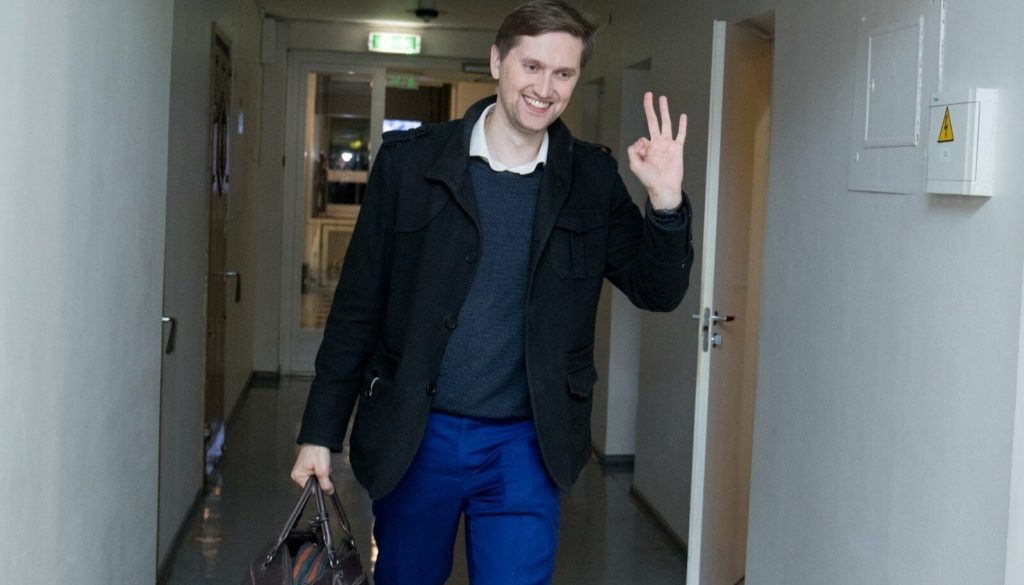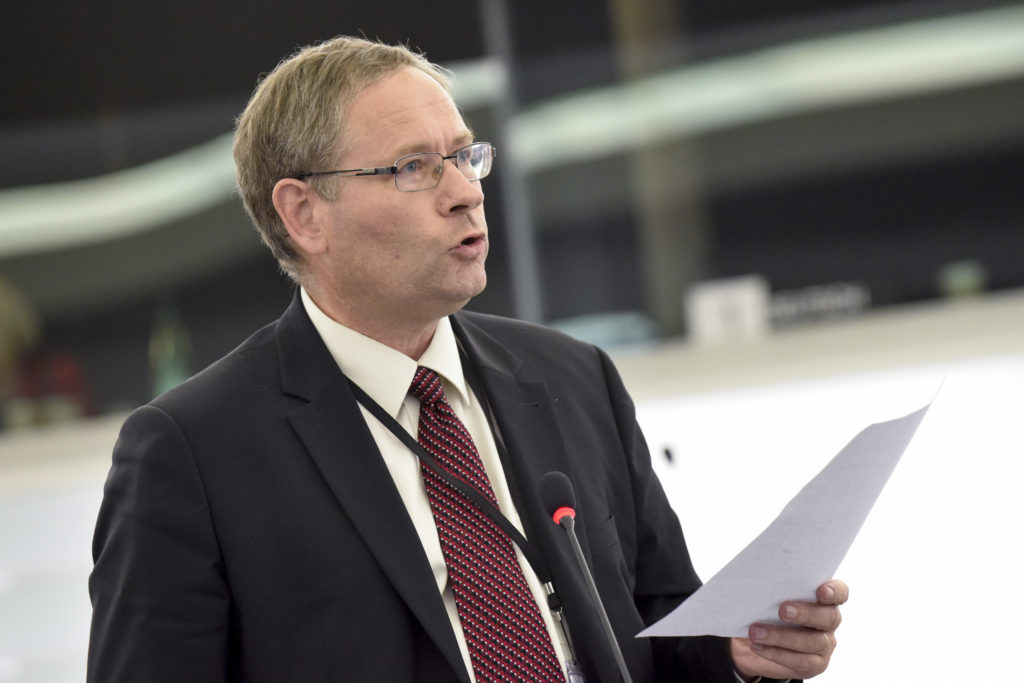On 19 September 2019, the European Parliament (EP) adopted a resolution on the importance of European remembrance for the future of Europe. This resolution, in particular, stressed that the Second World War had been “started as an immediate result of the notorious Nazi-Soviet Treaty on Non-Aggression of 23 August 1939”, recalled that “the Nazi and communist regimes [had] carried out mass murders, genocide and deportations, and [had] caused a loss of life and freedom in the 20th century on a scale unseen in human history”, and condemned “in the strongest terms the acts of aggression, crimes against humanity and mass human rights violations perpetrated by the Nazi, communist and other totalitarian regimes”.
535 MEPs voted for the resolution, 66 MEPs voted against it, and 52 MEPs abstained. (See the results of the vote here.) The only EP group that decided to vote against the resolution was the far-left group “European United Left/Nordic Green Left” (GUE-NGL) that predominantly consists of MEPs coming from West European countries that have no experience of the post-war Soviet occupation. Out of 41 members of the GUE-NGL group, only 5 MEPs come from the countries or territories (the case of former East Germany) that suffered the Soviet yoke.
The far-right “Identity and Democracy” group (ID) decided to support the resolution, but its vote turned out be the least cohesive in comparison to other EP groups: out of 73 members of the ID group, 16 MEPs abstained, namely members of the far-right parties such as Vlaams Belang (Belgium), EKRE (Estonia), Perussuomalaiset (Finland) and AfD (Germany). The abstention of the EKRE’s member, Jaak Madison, is perhaps the most curious: the EKRE positions itself as a party unfriendly towards Russia, therefore – taking into consideration that the Soviet Union annexed and occupied Estonia for several decades – one could expect that an Estonian ultranationalist would support the resolution that is critical of Russia’s justification of the Stalinist crimes, but that was not the case. Perhaps the explanation of Madison’s abstention lies elsewhere – possibly in the resolution’s strong words against fascism, which Madison considers “an ideology that consists of quite a few positive and necessary nuances to preserve the nation state”.

Jaak Madison (EKRE/ID group) showing an OK hand gesture that can be interpreted as a White Power sign in the far-right context
As for Russia, the resolution, indeed, addresses the problem of Moscow’s praise for the communist crimes in two paragraphs:
Maintains that Russia remains the greatest victim of communist totalitarianism and that its development into a democratic state will be impeded as long as the government, the political elite and political propaganda continue to whitewash communist crimes and glorify the Soviet totalitarian regime; calls, therefore, on Russian society to come to terms with its tragic past;
Is deeply concerned about the efforts of the current Russian leadership to distort historical facts and whitewash crimes committed by the Soviet totalitarian regime and considers them a dangerous component of the information war waged against democratic Europe that aims to divide Europe, and therefore calls on the Commission to decisively counteract these efforts.

Gilles Lebreton, Rassemblement National/ID group
This did not go unnoticed for the ID group, as the majority of the parties represented by the ID’s MEPs are friendly towards Putin’s regime. During the debates on the resolution, a member of the French Rassemblement National (formerly known as the Front National) Gilles Lebreton spoke on behalf of the ID group and, while supporting the resolution in general, said – among other things – the following: “I warn the European Parliament against the temptation to use [the resolution] to attack today’s Russia. Russia has cut ties with the Soviet Union in 1991 and has become a respectable state that deserves to be treated as a partner rather than an enemy”. It remains a mystery what exactly makes Putin’s Russia, which glorifies the Soviet totalitarian regime and illegally occupies territories of Moldova, Georgia and Ukraine, a “respectable state”.